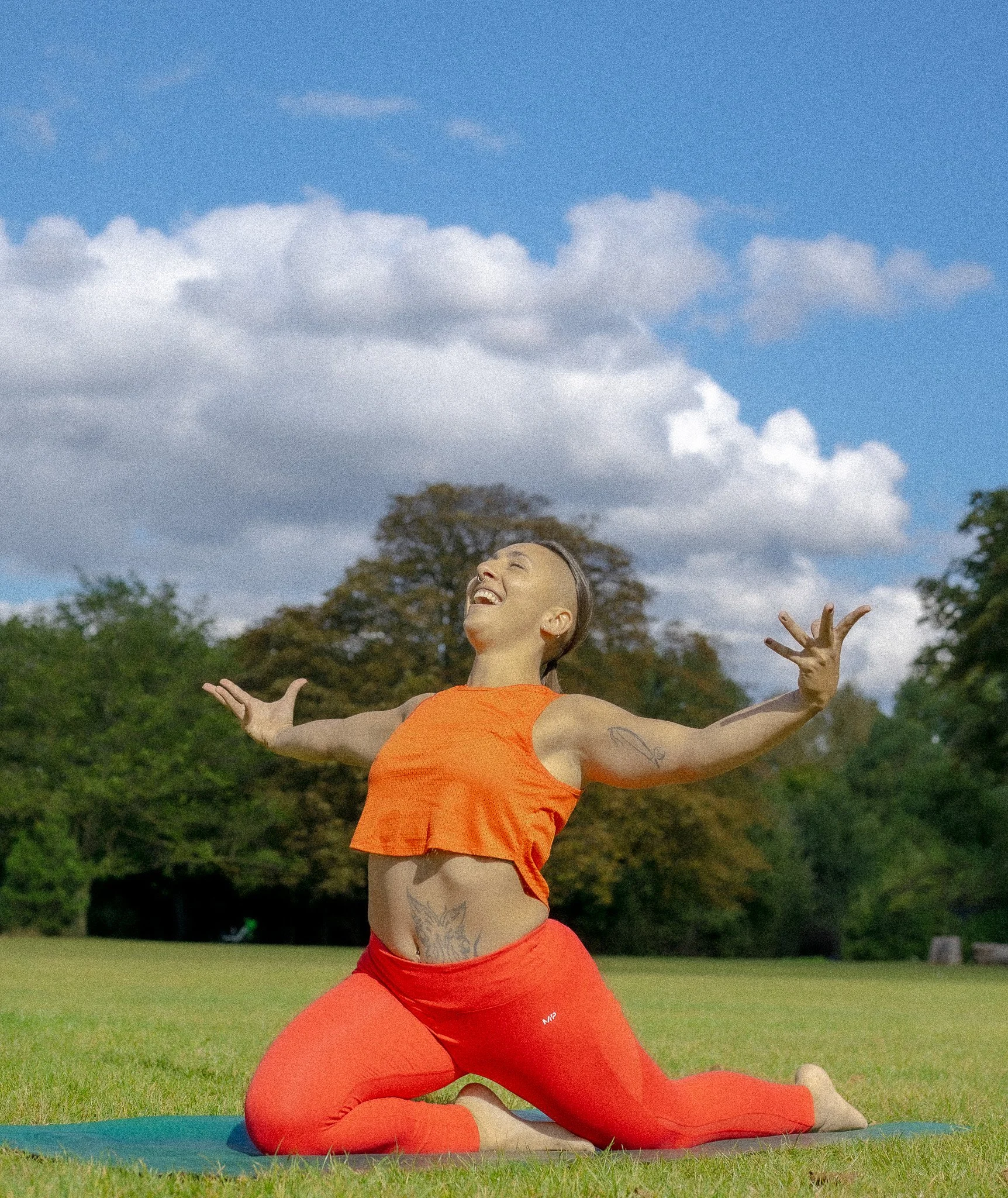
DO YOU EVER GET THAT THAT FEELING OF NOT BEING YOURSELF 100%?
WE COULD BE EATING VERY WELL, EXERCISING ALMOST EVERYDAY… YET THERE IS ALWAYS SOMETHING THAT IS NOT QUITE RIGHT.
THE SIX PILLARS OF HEALTH & WELLNESS
We usually tend to only focus on one particular aspect of our health. Society keeps highlighting diets and exercising as the main aspects of feeling good. However, maintaining balance is no that simple!
According to the World Health Organisation (WHO), ‘health is a state of complete physical, mental and social well-being and not merely the absence of disease or infirmity’. Therefore, a healthy lifestyle is much more than simply not feeling ill. It’s about having an abundance of energy and vitality to enjoy all that life has to offer and this cannot be achieved through diet or exercise alone.
Total Fitness is a multi-dimensional concept that includes a variety of aspects relating to life, including physical, medical, nutritional, emotional, social and spiritual factors. Research supports the notion that when a person integrates all of these dimensions positively, they complement each other and result in a happier, healthier and more energetic person.
Let’s cut to the chase - what are the Six Pillars of Total Fitness?
EMOTIONAL FITNESS
Emotional Fitness is a vital component of a person’s health and is defined by the ability to cope with the emotional stresses of modern life. It is estimated that 25% of the UK will experience a mental health problem during their lifetime, yet most people do not dedicate time or energy to developing their emotional fitness like they would with their exercise and diet. In fact, it could be argued that based on the average consumption of media, including social media, people spend more time engaging in activities that are actually destructive to their emotional fitness levels because they develop an altered sense of how the world and the people in it actually are. To be emotionally fit a person requires a positive self-image and strong levels of self-awareness and confidence. The benefits of all these attributes spill over in to every aspect of a person’s life, including relationships with others, stress levels and their ability to empathise with others.
MEDICAL FITNESS
The presence of injury, illness or drugs (including prescribed medication) within the body would prevent a person from being classified as medically fit. Conversely, independence from such conditions and substances would suggest that a person has no apparent health or medical conditions and that they are medically fit.
It is also worth noting however that medical fitness can also be affected by hereditary factors that are beyond a person’s individual control. As such, even with a healthy and active lifestyle, it is possible that a person can develop life-threatening illnesses and diseases.
NUTRITIONAL FITNESS
The body requires a variety of specific nutrients in order to meet the demands of daily living. Optimum health can only be achieved with a healthy and balanced diet which is why nutritional fitness is so important. Different exercise and activity programmes place very different demands on the body which is why ‘to some extent’ everybody has slightly different nutritional needs. Nutritional Fitness can therefore be defined as having a balanced diet that provides sufficient macronutrients (fats, carbohydrates and proteins) and micronutrients (vitamins and minerals) to meet individual needs. A balanced diet for someone who performs high-intensity strength training would differ somewhat from a person who participates in marathon and endurance-type training. This is why nutritional advice should not be a given with a ‘one size fits all’ approach. Similarly, detailed dietary plans and programmes should only be issued by those who are qualified to perform such tasks (e.g. registered dietician, nutritionist).
PHYSICAL FITNESS
Being able to meet the physical demands of life is fundamental to a healthy life. Physical Fitness is defined by the American College of Sports Medicine (ACSM) as ‘any bodily movement that is produced by the contraction of skeletal muscle and that subsequently increases energy expenditure’. Components of Physical Fitness are: muscular strength, muscular endurance, cardiovascular fitness, flexibility and motor skills. All in all, there is no need to run a marathon or lift 100kg to improve your Physical Fitness, sometimes a 10 minutes walk or doing your chores is enough!
SPIRITUAL FITNESS
Broadly speaking, spirituality is often defined by a person’s beliefs, upbringing, and life experiences; these may be religious or they may not. Spirituality can mean different things to different people. A spiritually fit person is somebody who recognises there are multiple dimensions that make up life and who engages in activities that positively align with those dimensions to develop the total person concept. Quite simply, it means being true to one’s self at the deepest possible level, understanding own goals and purpose in life.
SOCIAL FITNESS
An ability to build and maintain healthy relationships with others is fundamental to being socially fit. Social Fitness is important because primitively speaking, human beings are tribal in nature and the success of the tribe os dependent on communication and collaboration between members. A person who lacks the ability to be able to engage positively with the people around them is likely to feel isolated and lonely. Their risk of developing anxiety, depression, and other forms of mental illness are likely to be greater.
To conclude, it is important that all of the Six Pillars are at their 100% potential in order to achieve longevity and a healthy life. One pillars can automatically affect another. For instance, anxiety (Emotional Fitness) can affect your gut health (Medical Fitness); as well as not eating right nutrients (Nutritional Fitness) can impact you ability to engage in other activities due to lack of energies (Physical Fitness).
Taking care of all of these can be overwhelming. It needs time, patience, body awareness and money.
